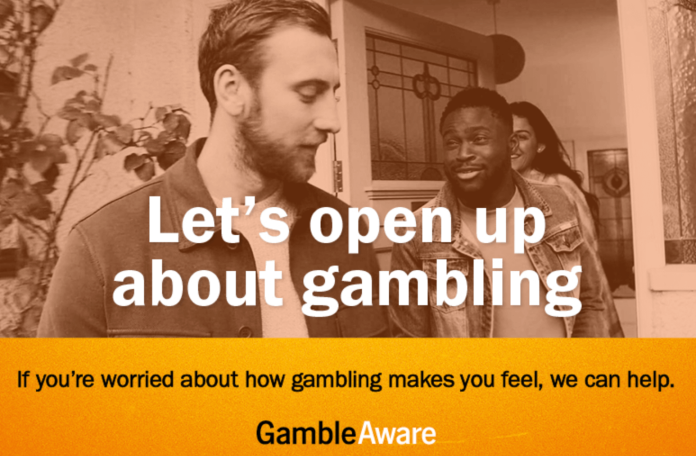PayPlan has stressed the importance of reducing the stigma around gambling harm and the impact this can have on people’s finances.
The debt advice provider has put its weight behind a campaign led by GambleAware and GamCare, two of the UK’s leading treatment organisations, based on research by the two charities as well as investigations by PayPlan itself.
GambleAware research found that 62% of respondents believed that people experiencing gambling harm are judged negatively and 56% agreed with the statement that it ‘is important to challenge the stigma around gambling harms’.
Zoë Osmond, Chief Executive of GambleAware, said: “Gambling harms are hidden and complex in nature, making it incredibly hard to spot from the outside when someone may need help.
“It is therefore critical that when accessing financial services, especially when due to the impact of gambling harms, people feel they can talk openly about the issues they may be experiencing and are made aware of the wide range of support services available.
“We are delighted to be partnering with PayPlan as part of this campaign and look forward to working together to encourage people to open up about gambling harms and feeling safe to do so.”
Further stats from GambleAware showed that 75% of people experiencing gambling harm felt they couldn’t open up to a loved one. Meanwhile, PayPlan highlighted that 30% of its indebted clients felt gambling had negative implications for their mental health.
Against the backdrop of the costs of living crisis, impacting consumers across the breadth of the UK general public, gambling-harm treatment groups have become increasingly concerned about the impact economic downturns can have on problem gamblers.
PayPlan’s work with GambleAware and GamCare also comes amidst the implementation of the Gambling Act review White Paper’s recommendations. One of the most notable suggestions of the review concerning personal finances is the planned adoption of finance risk checks.
The answer to the hotly debated affordability check question, finance risk checks will be used to assess whether a bettor is in the right financial position to place a bet, and will partially rely on leveraging Open Banking technology.
Emma Gibbons, Vulnerability Lead at PayPlan, said: “It’s important that we increase conversations within society around gambling harm and make sure that people have a better perception of those experiencing gamble-related debt.
“Through our relationship with GamCare, we’ve been able to develop appropriate pathways into debt advice and regularly carry out training to the wider financial services sector to help them ensure they’re up to date with the latest information and advice.”
This is the latest in a series of cooperative efforts PayPlan has entered into with gambling-harm prevention and treatment organisations.
In 2021, in the middle of the Gambling Act review and with the economy still reeling from the impacts of the COVID-19 pandemic, GamCare began making referrals to PayPlan’s debt advice services.
Raminta Diliso, Financial Harm Manager at GamCare, added: “Harmful gambling and debt can often go hand-in-hand, and our latest data shows that 76% of people seeking support from GamCare are experiencing financial difficulties.
“We continue our collaborative work with PayPlan, which includes staff training and establishing referral pathways between both organisations.”




























